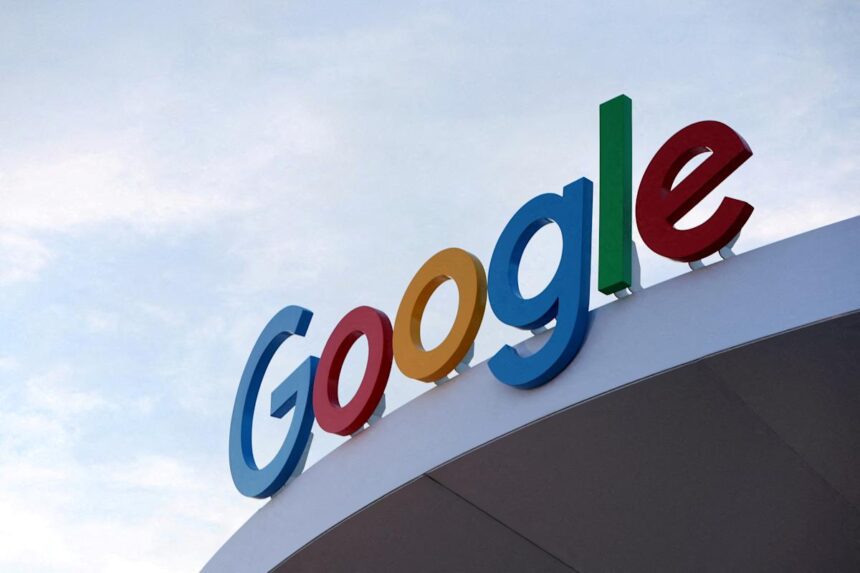Google is now confronting a significant legal challenge as Penske Media, the publisher of renowned brands such as Rolling Stone, Variety, and Billboard, has filed a lawsuit against the tech giant. The central allegation is that Google’s AI Overviews feature is powered illegally by content from Penske’s websites. The lawsuit asserts that this feature is “siphoning and discouraging user traffic” to Penske Media’s platforms, resulting in a decrease in revenue generated from those visits.
According to the court documents filed in federal district court in Washington, D.C., Google searches linking to Penske’s websites have been affected significantly, with approximately 20 percent of these searches now including AI Overviews. The company has raised concerns that this trend will not only continue but worsen, forecasting that its affiliate revenue could drop by over a third by 2024 compared to its peak.
In response, Google spokesperson Jose Castaneda stated that the company intends to vigorously defend against what he described as “meritless claims.” He added that the AI Overviews feature is beneficial in directing traffic to a wider array of websites, suggesting it does not detract from individual publishers’ reach.
This lawsuit is the latest in a series of legal challenges faced by Google regarding its AI search technology. Earlier this year, an educational tech company named Chegg initiated a lawsuit on similar grounds, highlighting that Google’s AI Overviews adversely impacted its website traffic and revenue. However, Penske Media’s action marks the first instance of a major U.S. publisher taking legal steps against Google’s AI capabilities.
Beyond Google’s ongoing legal woes, the landscape surrounding AI and copyright issues is fraught with contention as other companies navigate similar challenges. In 2023, the New York Times sued OpenAI, asserting that the AI firm utilized published news articles for training its chatbots without proper compensation. Furthermore, Anthropic, another player in the AI field, recently reached a $1.5 billion settlement related to a class action lawsuit concerning its Claude chatbot’s utilization of copyrighted works.
As the scrutiny of AI technologies intensifies, the outcomes of these legal disputes could reshape the relationship between tech giants and content creators, raising critical questions about the ethical and economic implications of using proprietary material in AI training and features.







